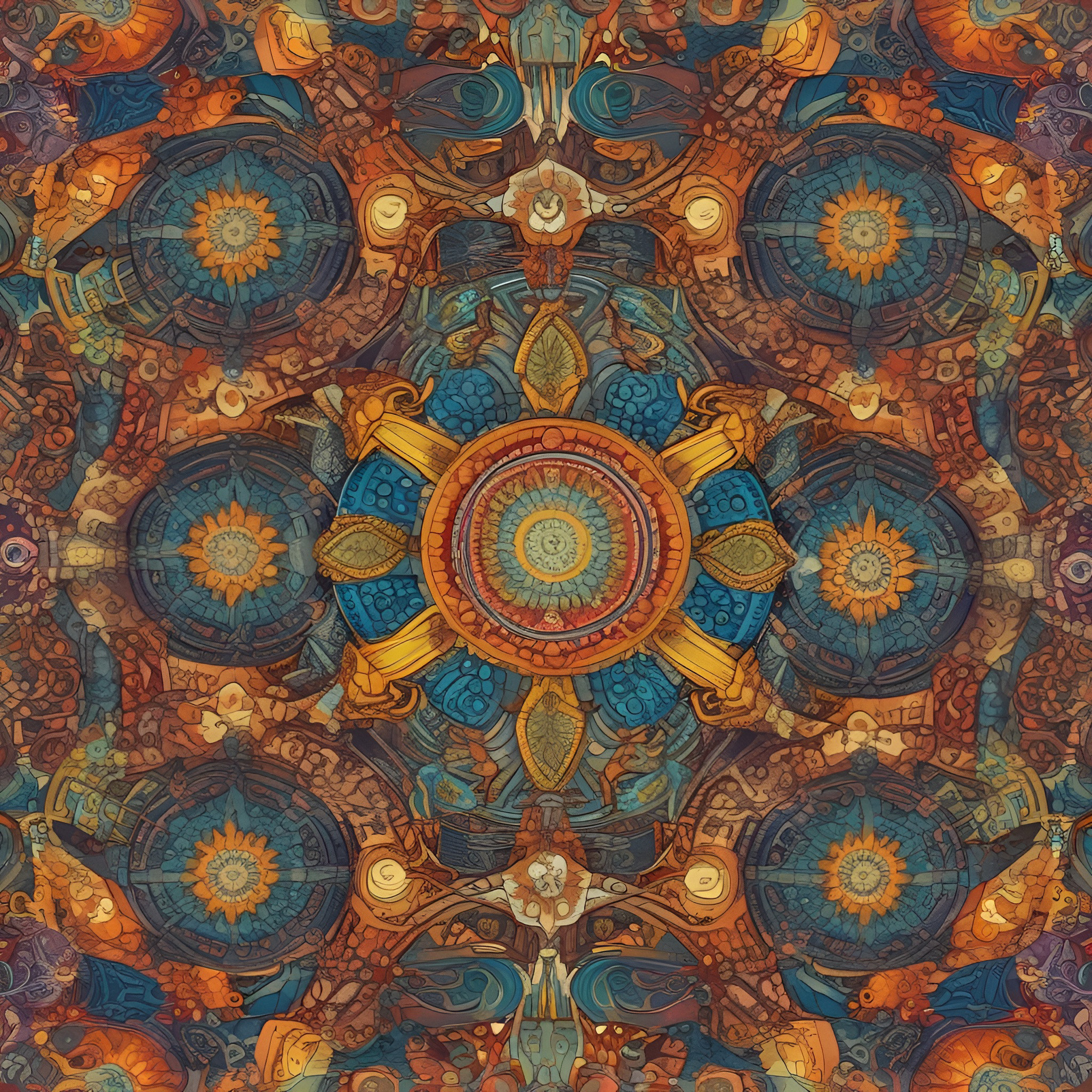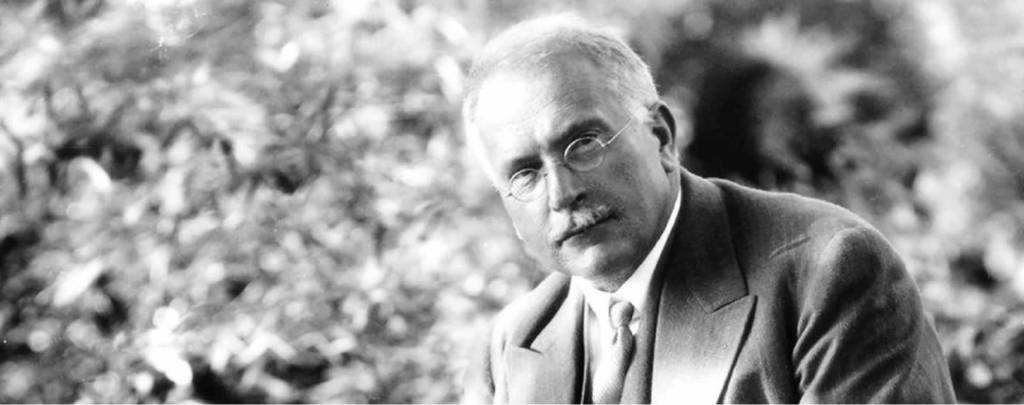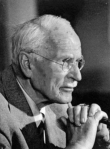Reinventing the Wheel of Education
A lifelong school redistributing power between students and educators to advance the culture of individual purpose.

VISION & STRATEGY
The School of Self-Advancement integrates psychology and personal responsibility to help students not only determine how they learn but who they are to become, through the lens of education.
Path of Knowledge
Students of all ages choose from a variety of subjects to determine the trajectory of their understanding.
Educator Autonomy
Educators design their own courses and control the tone and theme of their classroom.
Self-Understanding
Courses teach students how to learn and what each subject can tell you about the human experience.
Analysis
Psychologists work with students to define the shape of the Self and how the Self contributes to community.
Educational Purpose
Students learn how to obtain knowledge rather than how to retain information.
Microcosm – Macrocosm
We increase our understanding of the Microcosm of Self and its relation to the Macrocosm of the Universe.
EXECUTION & METRICS
The School of Self-Advancement offers courses in all subjects, allowing a comprehensive education restructured to align individual purpose with community goals.
Building a Desire and Passion for Wisdom
- Unique curriculum inspired by Carl Jung.
- Controlling and creating destiny through coursework.
- Understanding purpose as a personal responsibility that shifts with the growth of wisdom.


School of Self-Advancement:
An Educational Lighthouse Intersecting the Technological Era
- Educators self-determine the price of their courses and the time they are willing to devote to teaching.
- Students find educators according to their needs.
- In-person and virtual options.
“
Since knowledge of the world dwells in his own bosom, the adept should draw such knowledge out of his knowledge of himself, for the self he must seek to know is a part of that nature which was bodied forth by God’s original oneness with the world. It is manifestly not a knowledge of the nature of the ego, though this is far more convenient and is fondly confused with self-knowledge. For this reason anyone who seriously tries to know himself as an object is accused of selfishness and eccentricity. But such knowledge has nothing to do with the ego’s subjective knowledge of itself. That is a dog chasing its own tail. The other, on the contrary, is a difficult and morally exacting study of which so-called psychology knows nothing and the educated public very little. The alchemist, however, had at the very
least an indirect inkling of it: he knew definitely that as part of the whole he had an image of the whole in himself, the “firmament” or “Olympus,” as Paracelsus calls it. This interior microcosm was the unwitting object of alchemical research. Today we would call it the collective unconscious, and we would describe it as “objective” because it is identical in all individuals and is therefore one. Out of this universal One there is produced in every individual a subjective consciousness, i.e., the ego. This is, roughly, how we today would understand Dorn’s “formerly one” and “separated by a divine act of creation.”
…
But a predominantly scientific and technological education, such as is
the usual thing nowadays, can also bring about a spiritual regression and a considerable increase of psychic dissociation. With hygiene and prosperity alone a man is still far from health, otherwise the most enlightened and most comfortably off among us would be the healthiest. But in regard to neuroses that is not the case at all, quite the contrary. Loss of roots and lack of tradition neuroticize the masses and prepare them for collective hysteria. Collective hysteria calls for collective therapy, which consists in abolition of liberty and terrorization. Where rationalistic materialism holds sway, states tend to develop less into prisons than into lunatic asylums.
”

Carl Gustav Jung
Psychologist; Alchemist
Learn More…
Does the Education System Need Reconstruction?
Why Teach Psychology-Based Courses?
Educational Lighthouses Intersecting the Technological Era
